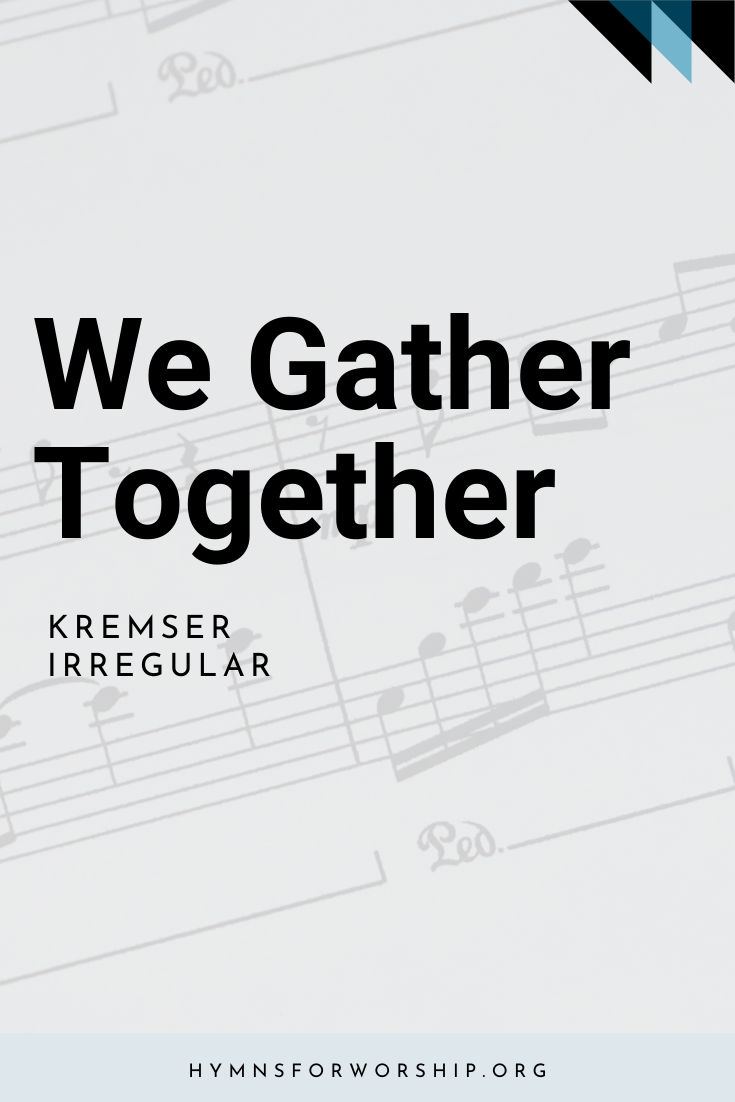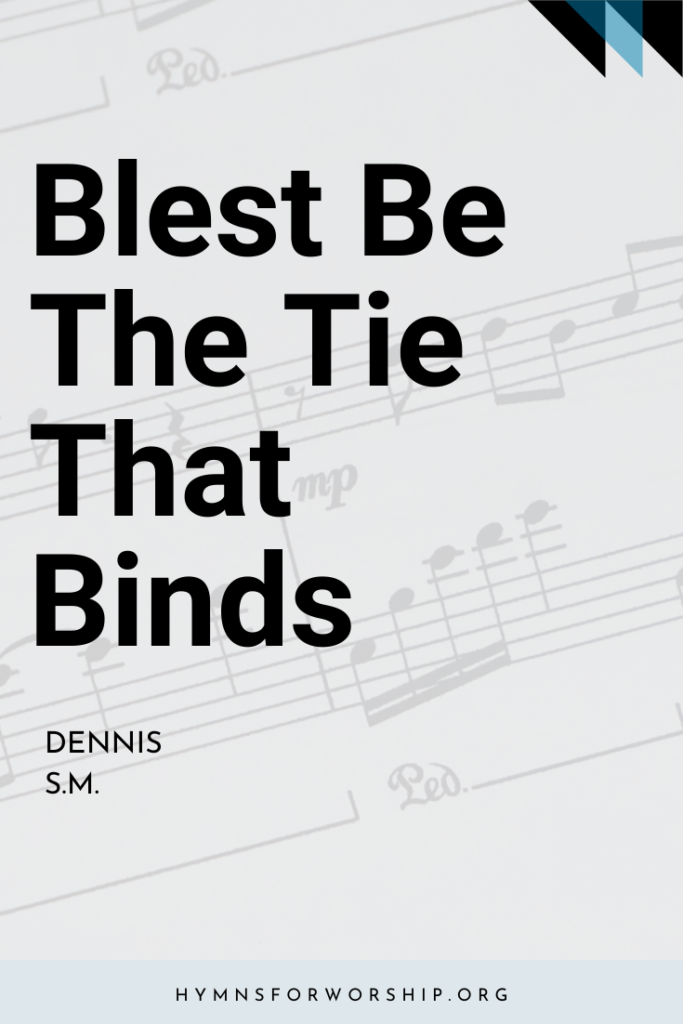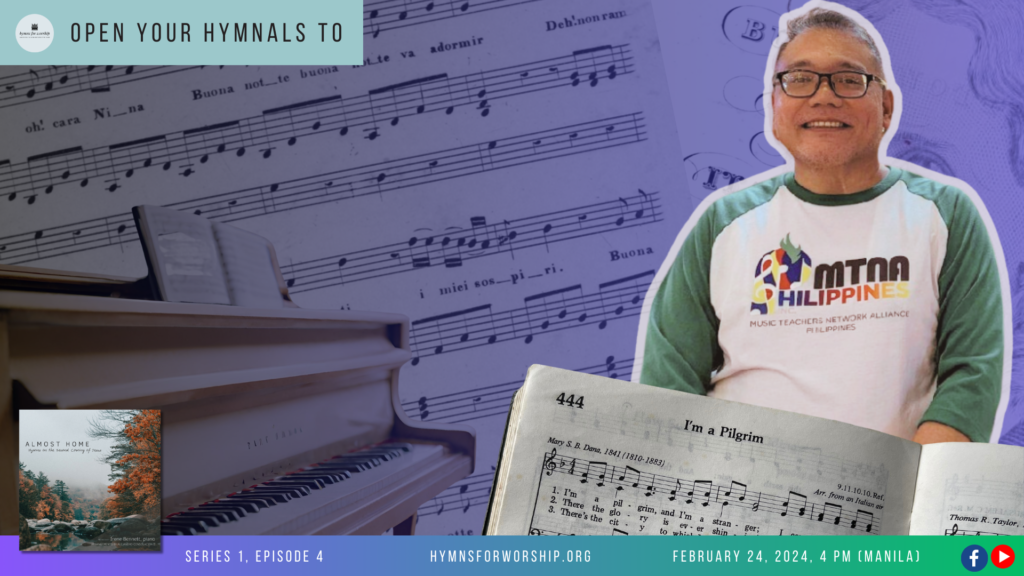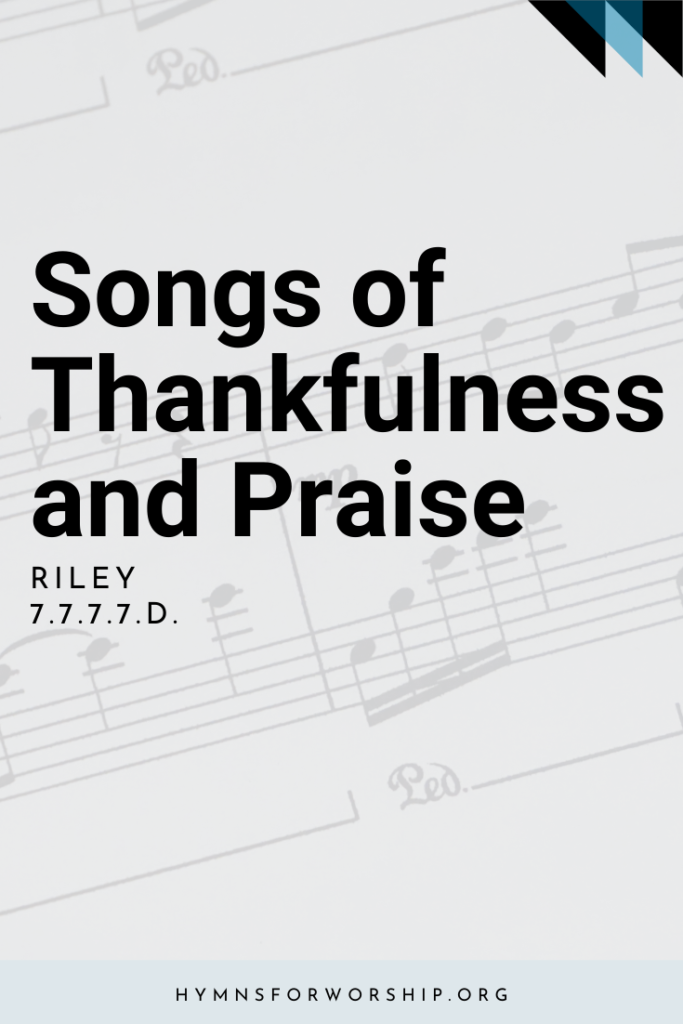WORSHIP >> Adoration & Praise
SDAH 8
We gather together to ask the Lord’s blessing;
He chastens and hastens His will to make known.
The wicked oppressing now cease from distressing.
Sing praises to His Name; He forgets not His own.
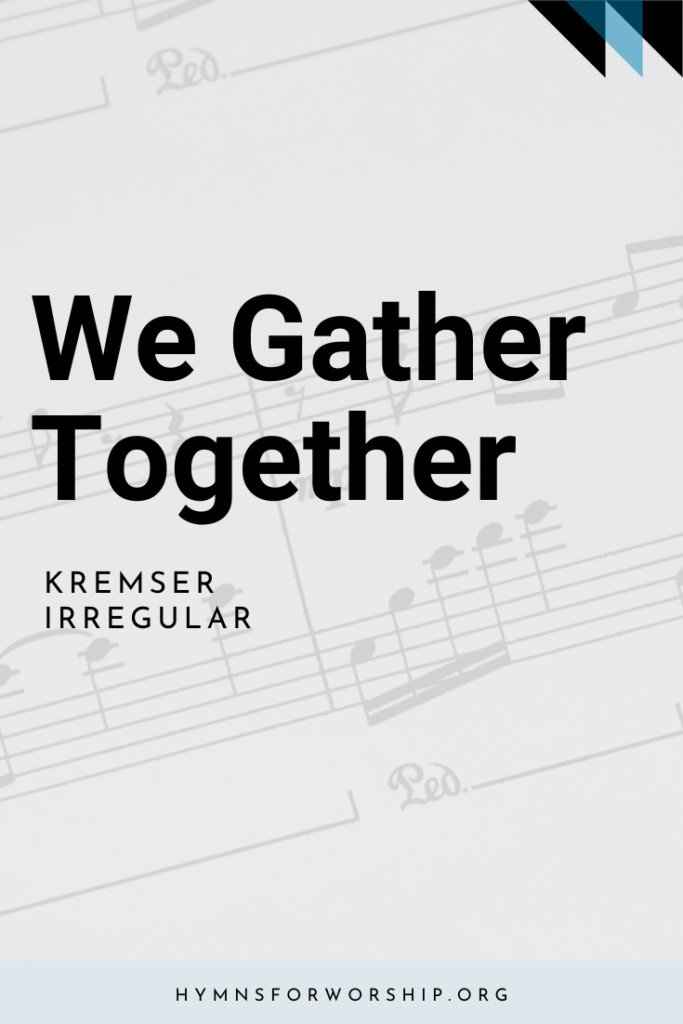
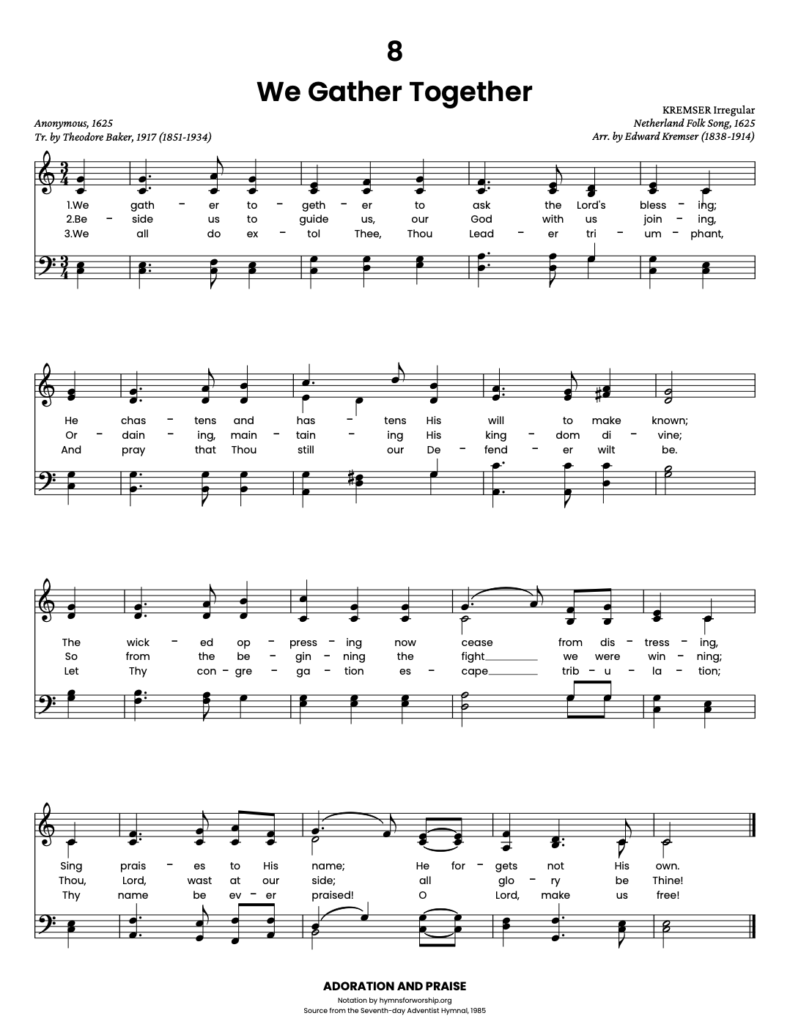
Get the hymn sheet in other keys here
For Worship Leaders
Make each hymn more meaningful with these helpful tools: Short, ready-to-use hymn introductions for church bulletins, multiple ways to introduce a hymn based on your worship theme and in-depth history and insights to enrich your song service.
Hymn Spotlight: We Gather Together
A hymn of thanksgiving and trust in God’s providence, We Gather Together has its roots in the struggles of the Protestant Netherlands against Catholic Spanish rule in the late 16th century. Written around 1625, it was originally a celebration of the Dutch victory over Spanish forces and the newfound freedom to worship. The hymn reflects the faith of a people who endured hardship but found strength in God’s guidance, echoing Hebrews 13:6—“The Lord is my helper, and I will not fear what man shall do unto me.”
The English translation we sing today was done by Theodore Baker (1851–1934), a respected music scholar and editor. His work preserved the hymn’s spirit of gratitude and reliance on God, making it a cherished song in Thanksgiving celebrations and worship services around the world.
The tune, KREMSER, is named after Eduard Kremser (1838–1914), who rediscovered and arranged this melody in 1877. Originally a Dutch folk tune, it was set to these lyrics in 1626 by Adrian Valerius, ensuring its legacy as a hymn of faith and national resilience.
As we sing today, may our voices join in heartfelt gratitude for God’s faithfulness, just as believers through the centuries have sung: “Sing praises to His name; He forgets not His own!”


Text
1
We gather together to ask the Lord’s blessing;
He chastens and hastens His will to make known.
The wicked oppressing now cease from distressing.
Sing praises to His Name; He forgets not His own.
2
Beside us to guide us, our God with us joining,
Ordaining, maintaining His kingdom divine;
So from the beginning the fight we were winning;
Thou, Lord, were at our side, all glory be Thine!
3
We all do extol Thee, Thou leader triumphant,
And pray that Thou still our defender wilt be.
Let Thy congregation escape tribulation;
Thy name be ever praised! O Lord, make us free!

Hymn Info
Biblical Reference
(a) Heb 13:6
Author
Anonymous
Translator
Theodore Baker, 1917 (1851-1934)
Year Published
1625
Hymn Tune
KREMSER
Metrical Number
Irregular
Arranger
Edward Kremser (1838-1914)
Tune Source
Netherland Folk Song
Year Composed
1625
Theme
ADORATION & PRAISE

